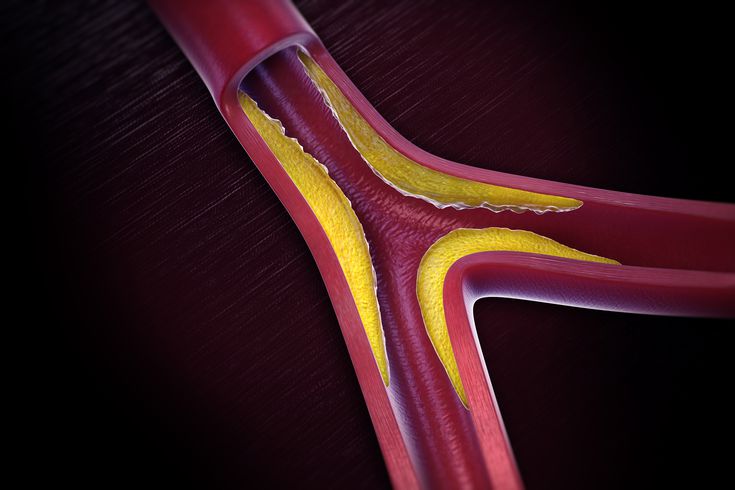We’ve all been taught since we were kids that sugar is bad for not only your teeth and waistline but also your health. Now, more than ever, North Americans are feeling the effects of excessive sugar consumption. With over 50% of Canadians describing themselves as overweight or obese, one of the main culprits of this issue is the uptick in consumption of soft drinks.

Figure 1: control soda consumption, especially in children. Source
Although most of us understand that soft drinks are bad for our health, we often fail to fully appreciate the scope of the damage that it can cause, especially to our children. Recently, a research group out of the US have discovered that the damage caused by excess consumption of soft drinks, especially in children, is greater than we think. In their study, published in the Journal of Pediatrics, the researchers described soft drink consumption as having a correlation with “aggressiveness, lack of attentiveness, and isolation.” They reported that in a study of nearly 3000 children, “increased daily soda consumption where 43% of the kids consumed at least 1 soft drink a day led to an increase in aggressive behavior”. Their study accounted for both males(52%) and females (48%) as well as ethnicity where African Americans represented 50% of their study while the other 50% was made of Whites and Hispanics. Aggressiveness, the most concerning attribute affected by soda consumption was calculated to be up to 4.74 points higher(95% CI) in children with daily soda intake.

Figure 2: Video discussing a study on soft drinking consumption being linked to aggressive behavior.
In a separate study, it was revealed that the risk of increased aggressiveness upon soft drink consumption was especially prevalent in children who lacked a consistent access to healthy and affordable food (King, 2016). Therefore, the importance of providing kids with a healthy meal everyday cannot be emphasized enough. If you are a parent guilty of microwaving dinners three days in a row, consider the effect it has on your children, not only physically but also mentally. Obviously, the prevention of soft drink consumption also cannot be understated. This applies for people of all ages. A good strategy that you can apply to combat soft drink consumption is to periodically restrict yourself; that is, if you consume 4 soft drinks a day, reduce that to 3, then 2, then 1, and eventually none. As a substitute consider drinking milk, or making yourself a healthy smoothie, or if you’re lazy, water is as good as any other option!



